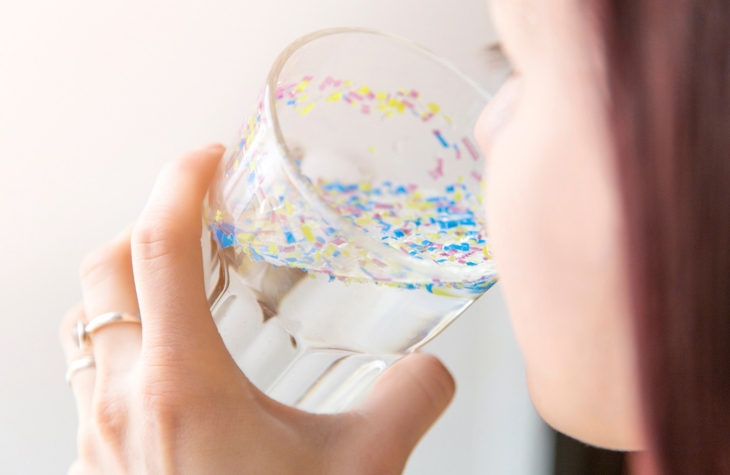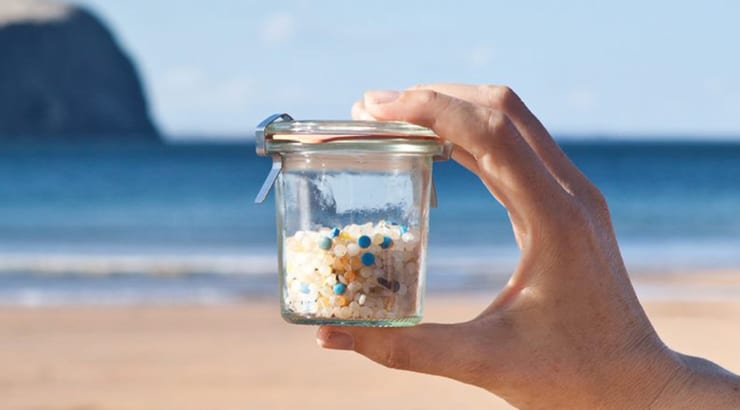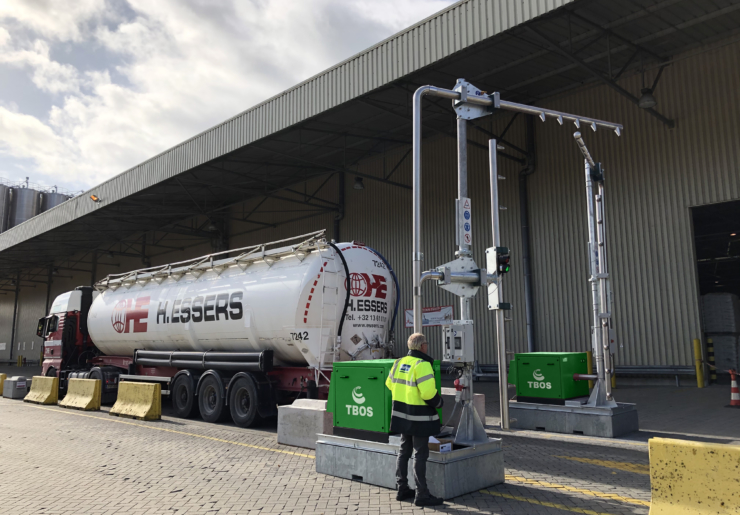The Environmental Impact of Nurdles
The start of 2024 has seen news stories on the problem of plastic nurdles in the environment. On 9th January the BBC reported that over 1000 sacks of plastic nurdles had fallen from a Danish ship, and that 26,000kgs of plastic pellets in a container had fallen from a Liberian boat. The impact of this has been considerable on Spain, and Spain's minister for the environment, Teresa Ribera, is quoted as saying;
"The contamination of the oceans and ecosystems with plastics is one of the biggest problems faced by humanity,"
The problem of plastic nurdle pollution is not new. Past incidents include the loss of over 22 tonnes of plastic pellets in the North Sea in 2019 as well as a spill of 26 tonnes in 2020 affecting the Norwegian and Swedish coasts.
Plastic Nurdles - The Environmental Threat
Nurdles pose a significant threat to our environment. Due to their small size and resemblance to fish eggs, marine animals consume these pellets, leading to intestinal blockages and starvation. Plastic nurdles also attract and absorb toxins such as DDT and PCB, and when eaten by marine wildlife such as seabirds, fish and crustaceans, these toxins are released, causing further harm.
Plastic nurdles on beaches also disrupt important environmental factors, and for example, they affect sand temperature and permeability which impacts local wildlife such as sea turtles who use this for egg incubation. Also, plastic nurdles can smother seagrass meadows, impacting their photosynthetic abilities and the species that rely on them.
Research shows that this is a serious issue for humans also, with testing demonstrating microplastics being found in 88% of a sample of different proteins destined for consumers, "including seafood, pork, beef, chicken, tofu, and three different plant-based meat alternatives".
Legislative Concerns
The challenge of tackling nurdle pollution remains complex. There are various cleanup efforts and awareness campaigns in place. For example, Operation Clean Sweep have laid out principles for signatories concerning the production, transportation, and disposal of plastic nurdles.
There has been a general call from many different groups for more robust preventive measures and the need for tighter, enforced regulations is being stressed. In response, the European Union for example is moving towards including maritime transport in the scope of legislation addressing the issue of plastic nurdle spillage, noting that legislative bodies are starting to recognise the need for stricter controls to prevent such spills
As a consequence of the situation in Spain, there have been calls for stronger laws for plastic spillages within the EU.


Looking Ahead
The problem of plastic nurdle spillage, and the environmental and legislative concerns, are only likely to increase over the coming months.
Comprehensive strategies are therefore needed to tackle the problem and to ensure industry keeps up to date with good practice and legislative changes. This means not only tackling the immediate aftermath of spills, but also implementing long-term solutions to prevent incidents.
It is crucial that these solutions also meet environmental, energy and cost targets for everyone.
Truck Blow-Off System (TBOS)
At SolvAir, we are committed to helping companies both meet their environmental targets as well as reduce their energy usage.
We have responded to the situation of plastic nurdles with our innovative Truck Blow-Off System (TBOS). TBOS efficiently addresses the critical issue of plastic pellet (nurdle) spillage in the logistics industry. This advanced system, aligning with Operation Clean Sweep® guidelines, is engineered to remove over 98%+ of plastic debris from transport vehicles, ensuring a cleaner and safer environment.
Unique in its design, TBOS can be easily integrated into existing logistics setups, does not require water, and is automatic.



